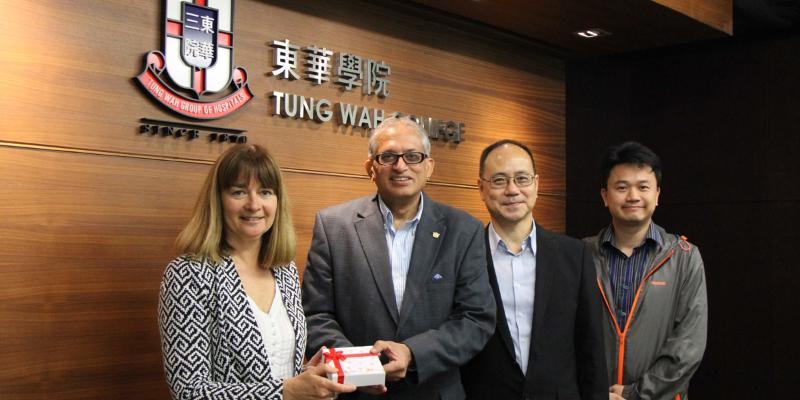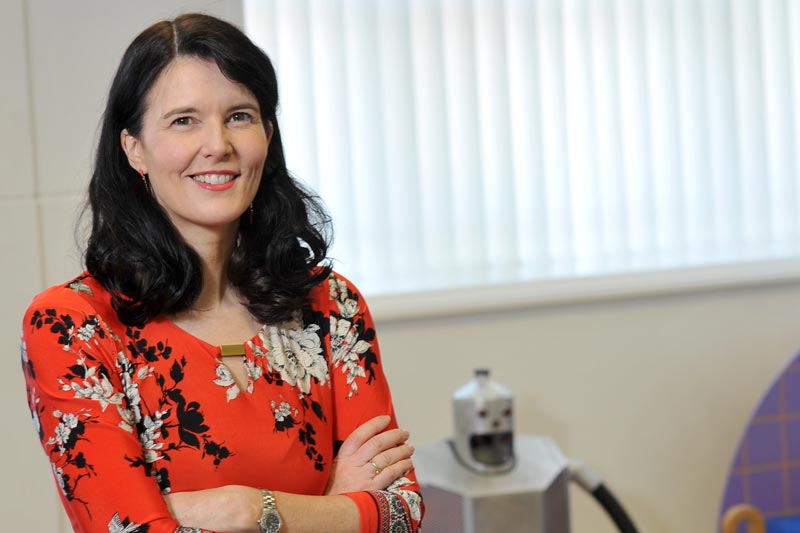International Connections & Research Partnerships
A Collaborative Approach
We collaborate with researchers across the world on a range of issues including inter-ethnic tension, perceptions of health and illness, children’s cognitive development, reasoning, bilingualism, and skill learning in sport. We regularly host visiting researchers, and participate in international conferences. Countries with which we collaborate include; Canada, Sweden, USA, Croatia, Pakistan, Columbia, Philippines, France, Hong Kong, Japan, Malta, Russia, Italy and Belgium.
Dr Judith Wylie is interested in knowledge and use of formulaic language in monolinguals, bilinguals and second language learners.
The ability to use formulaic language or prefabricated sequences helps speakers to be fluent, reduces mental load, and generally aids communication. Collaborating with colleagues in Malta, Hong Kong, Japan and Russia, Judith is investigating the impact of second language proficiency on knowledge and use of English collocations.
Visit Dr Wylie's Research Profile
Laura K Taylor’s research is framed by an intergroup developmental approach to study risk and resilience processes for youth, families and communities, in settings of protracted conflict.
Collaborating with colleagues in Colombia, Croatia, Malaysia, Pakistan, the Philippines, and the USA, Laura’s research has implications for youth outcomes, such as aggression, prosocial behaviours and social identity, as well as broader psychosocial processes, such as shared education and intergroup relations, which may fuel or constrain conflict.

Professor McCormack's research includes ESRC-funded collaborations with colleagues in North America.
Her work with Eugene Caruso, University of Chicago, looks at temporal asymmetries, the differences in how we experience and evaluate the past and the future, while the project being conducted with Cristina Atance, University of Ottawa looks at whether impulsive choice in young people can be reduced by encouraging them to imagine the future.
Prof McCormack's Research Profile

The School of Psychology conducts research under the structure of one research cluster entitled Behavioural Sciences. Our research is organised around four Research Interest Groups that reflect the expertise and interests of current staff and contemporary themes in the sector.
